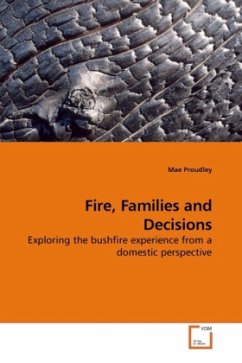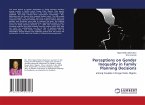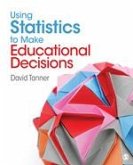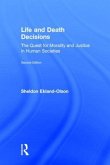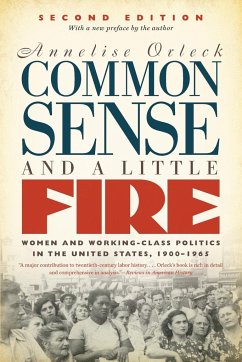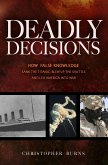The south-eastern region of Australia is often cited as being the most bushfire-prone location in the world. Considering the frequency and severity of fires, there is a disturbing lack of Australian research which focuses on bushfire from the perspective of families. 'Fire, Families and Decisions' explores, from the results of the life experiences of couples and families who lived through the Wangary fire (South Australia, January 2005), the complexities of work, parenting, relationships, changing responsibilities and roles and sense of place. All of these factors have relevance to the review and development of bushfire management policy and related community awareness and preparedness programs. 'Fire, Families and Decisions' offers useful insights into the ways that people respond to, and find resilience after, bushfires. By investigating the upheaval in the aftermath, particularly the emotional and psychological trauma, author Mae Proudley contributes to the broader discussionsabout recovery and resilience. Some of the findings generated by this book are applicable beyond the borders of Australia and extend to other natural hazards.
Bitte wählen Sie Ihr Anliegen aus.
Rechnungen
Retourenschein anfordern
Bestellstatus
Storno

